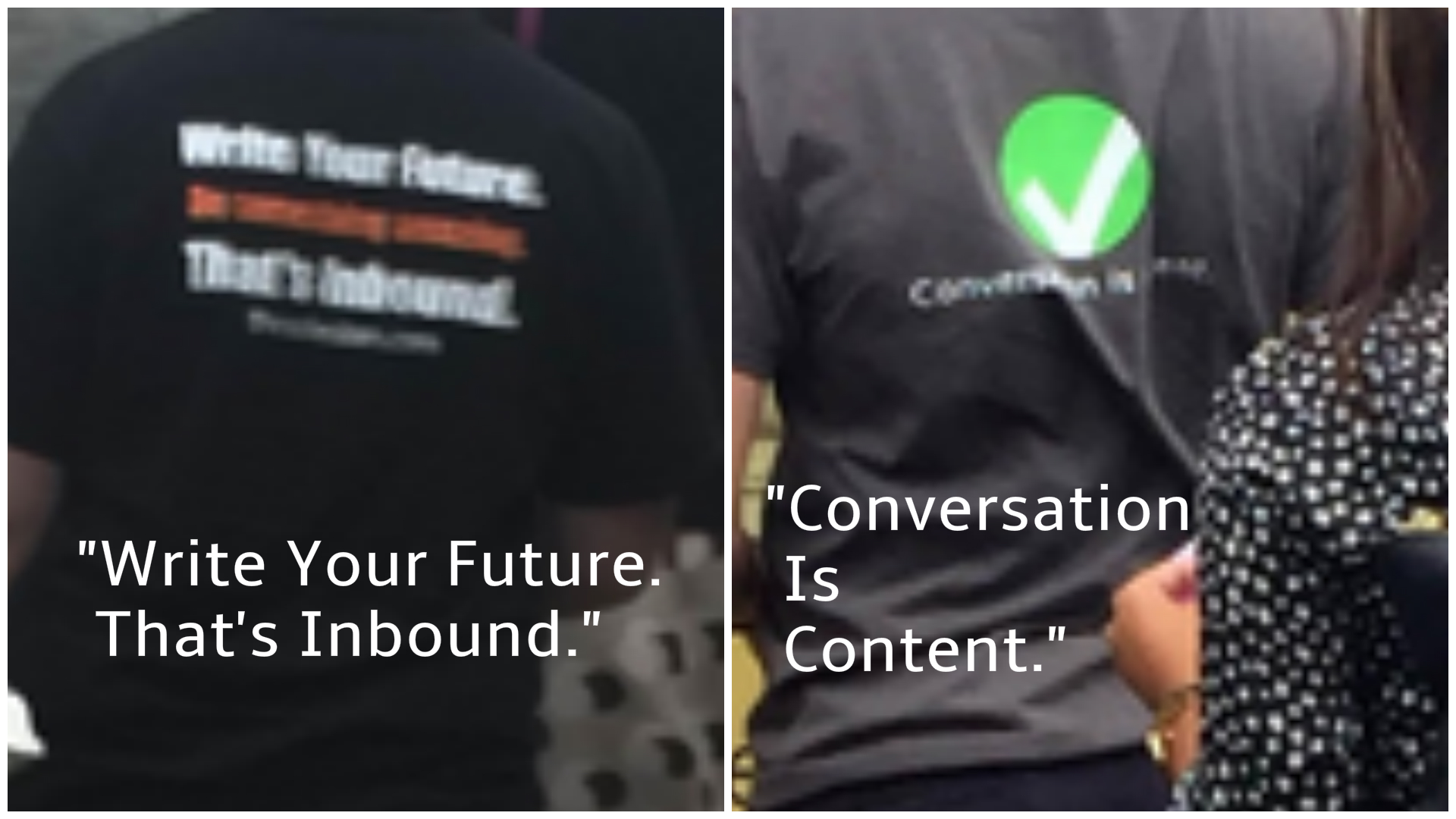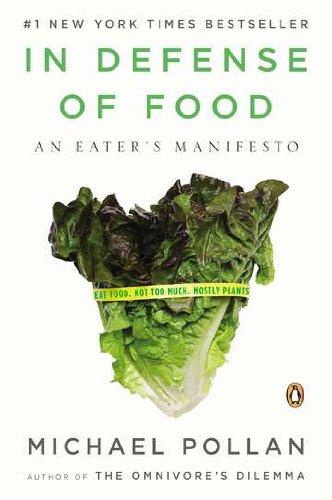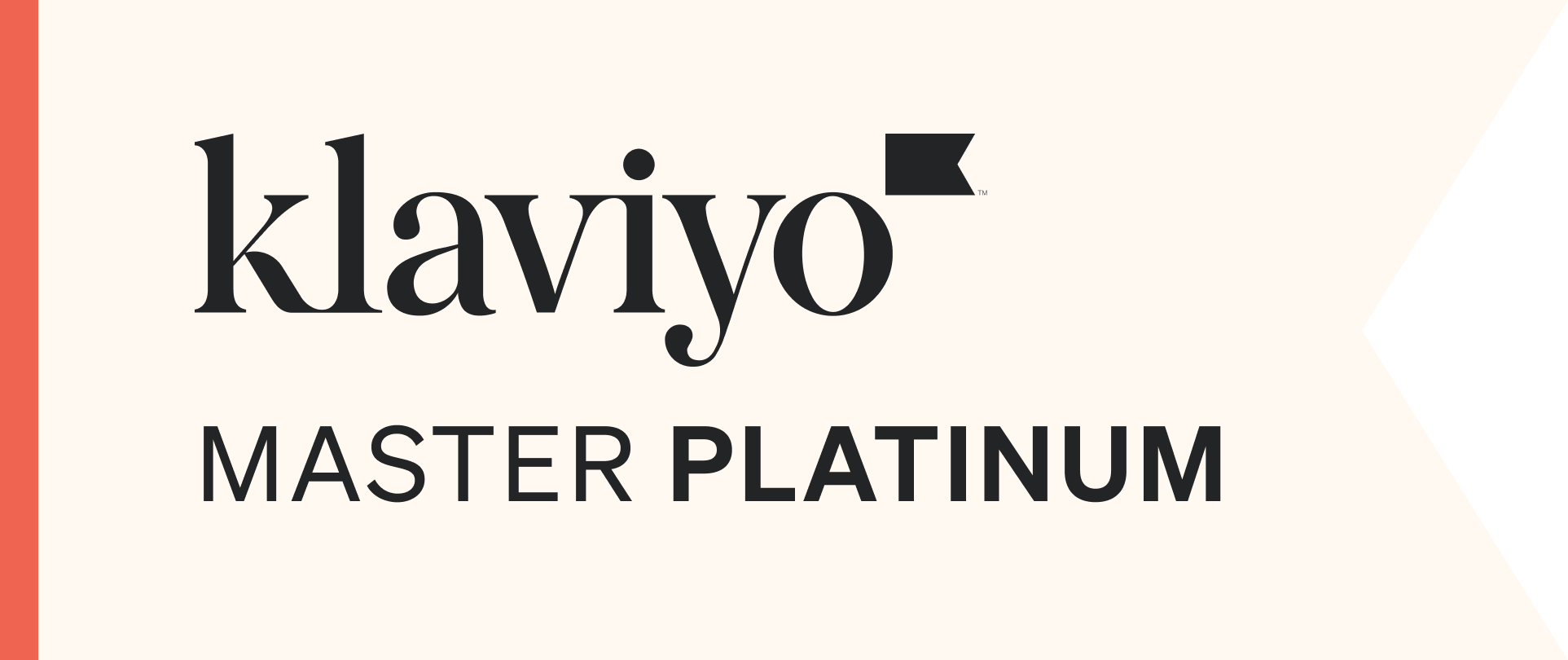By Roisin Linnie on 15 Sep 2015
Didn’t make it to Inbound 2015? Don’t worry, I’m here to share all the great stuff I learned while in the beautiful Boston. The first thing we learned was that Hubspotters love a good inspirational tee. Here are two of our favourites. Apologies for the blur, it’s really hard to take a good photo while chasing (stalking) people.

Apart from the great T-shirts, I also learned a lot in terms of digital marketing goodness. After collating all of my frantic note taking, I was happy to see that there was a common theme between my top insights; Content needs to be memorable, shareable and vulnerable. So, here it goes...
I think I’ve forgotten this before:
Dr. Carmen Simon, in her talk ‘The Neuroscience of Memorable Content’ said that there were two huge trends which impact content marketing today:
- Content Amnesia: People forgetting your content
- Content Déjà vu: Content is too similar and becoming repetitive
In a world where content is abundant, it’s too easy to get content amnesia. Think of your audience like fishies with a 3 second memory* (shout out to Wolfgang the fish who died tragically this year - RIP). Your audience won’t remember your content unless it’s helpful, unique or relatable.
*It turns out that the 3-second memory fish fact is actually a myth. I promise every other fact in this blog is legit.
17% of people think its okay to text while having sex:
According to Dr. Simon, you have to ask the question, ‘What do you want them to remember from this piece of content?’. Apparently, people will only remember, at most, 10% of your content. To reiterate this point, Dr. Carmen (I’m going to stop saying Dr. now, even though it’s so snazzy) shared an example of a presentation she was at in Italy. The only thing she remembers from that presentation was that 17% of people think its okay to text while having sex. This was probably not the statistic that the speaker wanted the audience to remember and I hope that’s not the statistic that you take away from reading this blog.
Who ignores Fleetwood Mac?
As you’re reading this you might be in an office with loads of noise and people talking around you. If you're lucky tthere might even be some Fleetwood Mac greatest hits blasting (a Wolfgang Digital office favourite). We habituate and ignore these noises that surround us, and we do this with content too.
However, according to Carmen it is possible to control what people remember about your business and your content. By combining neuroscience with cognitive psychology, we can understand the foundations of why people remember things. Her top tip for controlling what people remember is to always start your content by asking yourself what you want your audience to remember - what is the 10%?
Eat Food. Not too much. Mostly plants.
If you want your audience to remember your content, you have to simplify it.
Carmen used the book ‘Defense of Food’ to further emphasise her point about the importance of simplifying content. The three-part statement for this book is “Eat Food. Not too much. Mostly plants.” By reading those seven words, the audience immediately know what the content is about and most of all, they are likely to remember it.
Do I have your attention yet?
Another way to control the attention of your audience, according to Carmen, is to change the stimulus to get attention. Examples of this could be done by changing the following:
- Text → Graphics
- Formal → Informal
- Facts → Stories
Remember to use change to draw attention and keep them interested but keep the 10% constant – it’s that 10% that you want them to remember!
Sexy Acronyms
Will Critchclow also emphasized the importance of unexpected yet simple content in his talk ‘The Future of Search’. His advice for creating content is to follow the ‘Success’ method.
S – Simple
U – Unexpected
C – Concrete
E – Emotional
S - Suitable
S – Stories
Ooh, how I love a good acronym.
Jeremy Goldman also emphasizes the importance of creating uncertainty and not jumping on the bandwagon in his presentation ‘Using Analytics to Create Content’. He calls this Zig and Zag content (So much childhood nostalgia).

When creating content you have two options:
- Zig Content: Copy or build on someone else's content
- Zag Content: Take notice of popular topics but intentionally give it another direction. This has a higher chance of failing, but also suceeding
Zag content seems like the more appealing option of the two here. But, Zig content can be great too. If you are going to bandwagon on a timely topic, Goldman advised us to think quickly. Limit yourself to 20 minutes to brainstorm on the topic and then start creating the content. There are too many great pieces of content that don’t make it because they need to go through too many approval processes.
I feel so vulnerable right now
Without a doubt, Brené Brown was the most inspiring speaker at Inbound for me this year. Although her talk wasn’t about digital marketing, I did learn a lot from it and I found ways to apply it to the digital world. In her talk ‘The Power of Vulnerability’ Brené draws from personal experiences to highlight the power of vulnerability and human connection in a humorous and poignant way.
.jpg)
How can you be vulnerable in the content you create? Share personal stories and be honest. Here are some examples I have come up with on how you could use vulnerability to create compelling stories:
- The CEO of your company writing a blog about the challenges he/she has faced so far
- An infographic on all the mistakes your company has made and learned from along the way
- If you do make an error in your content (spelling mistakes in a tweet, we’ve all done it!) own up to it and create some content around it. E.g. ‘Top 10 Twitter Mistakes: Including Ours!’
- Video blogs showing a day in your life – not just the glamorous side.
There are lots of ways to be vulnerable in your content and by doing so, people will feel an authentic connection to your brand. Leo Widrich from Buffer also highlights the importance of vulnerability and says that when you take the personal story one step further, readers will connect with it more.
I’m going to end on an inspiring Brené Brown quote because my few days in America has made me all gooey on the inside:
"Vulnerability is not weakness. It is, in fact our greatest measure of courage."
Woah guys, I’ve gone real deep all of a sudden.
Now, go forth and create unexpectedly honest, humble and exciting content! But don’t forget that 10%... and don’t text while having sex. Thanks for having us Inbound!
If you enjoyed reading this, let me know! Tweet us saying ‘Im so vulnerable right now!’ @WolfgangDigital








